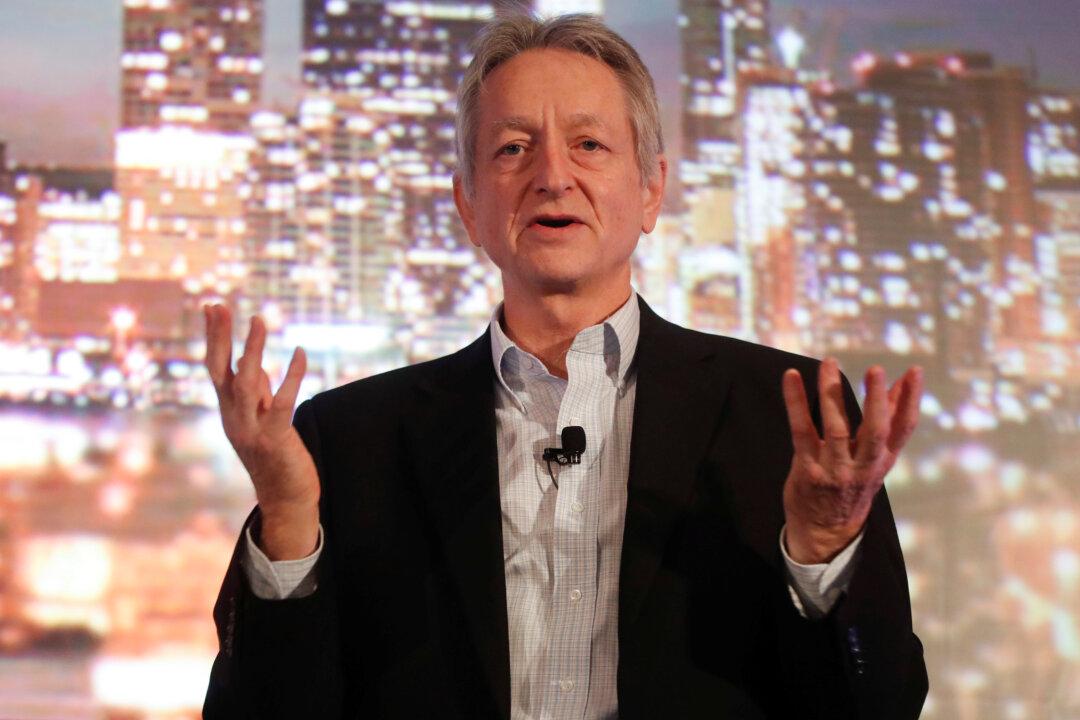A groundbreaking innovator in the field of artificial intelligence (AI) is sounding the alarm over the dangers imposed by the technology for which his work laid the foundation.
Geoffrey Hinton, the British computer scientist who has been called the “Godfather of AI,” recently left his position as a vice president and engineering fellow at Google so he could join the dozens of other experts in the field speaking out about the threats and risks of AI.





